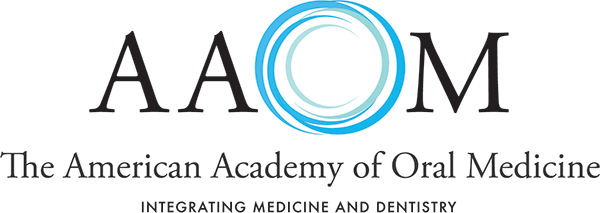|
My Oral Medicine Job Hunt When I am confronted with a question on job satisfaction, my unequivocal response is that I enjoy what I do. I am fortunate to have found an academic career in oral medicine immediately after graduating from a residency program. However, optimism among oral medicine residents regarding job prospects upon completing residency appears bleak. In my case, I did not have a guaranteed academic position six months prior to the end of my residency program. Early in 2010, I “cold-called,” i.e. I emailed my curriculum vitae with a letter of introduction stating that I was an oral medicine resident seeking employment, to oral medicine, oral diagnosis, and oral pathology departments throughout the United States. I was pleasantly surprised by the many encouraging responses I received, especially in the oral medicine community. I learned earlier on to gauge an academic’s approachability or arrogance by their willingness to take a few minutes to reply to an eager resident’s job-hunting query. I still hold the highest regard for academicians who encourage trainees rather than snub or belittle them. My efforts landed a few interviews, and I began my first academic position, practicing and teaching oral medicine, in an oral surgery department. One learns quickly enough the challenges of establishing a brand new practice. I learned medical and dental billing, coding, human resource practices, networking with physicians and dentists to establish a referral base, and how to manage staff and finances: basically, everything that is not covered by educational curricula. If you landed a position with a practice established by predecessors, consider yourself lucky. I ultimately consider myself enriched by my experiences and I am glad I did not have to exercise my fallback plan of being in private practice until an academic position materialized. Dental academicians are ageing, and oral medicine may be no exception. In principle, ageing demographics should work in favor of younger trainees seeking employment opportunities; however, my own experiences and those of junior colleagues reveal otherwise. In my current position, I teach case-based learning to small groups of bright-eyed third year dental students, some of whom express interest in oral medicine as a career. Most of these students will graduate with significant dental school debt. Can I look them in the eye and honestly tell them that they should pursue a residency in oral medicine, and they will do okay for themselves? Bhavik Desai, DMD PhD Return to 2017 Spring AAOM News |
